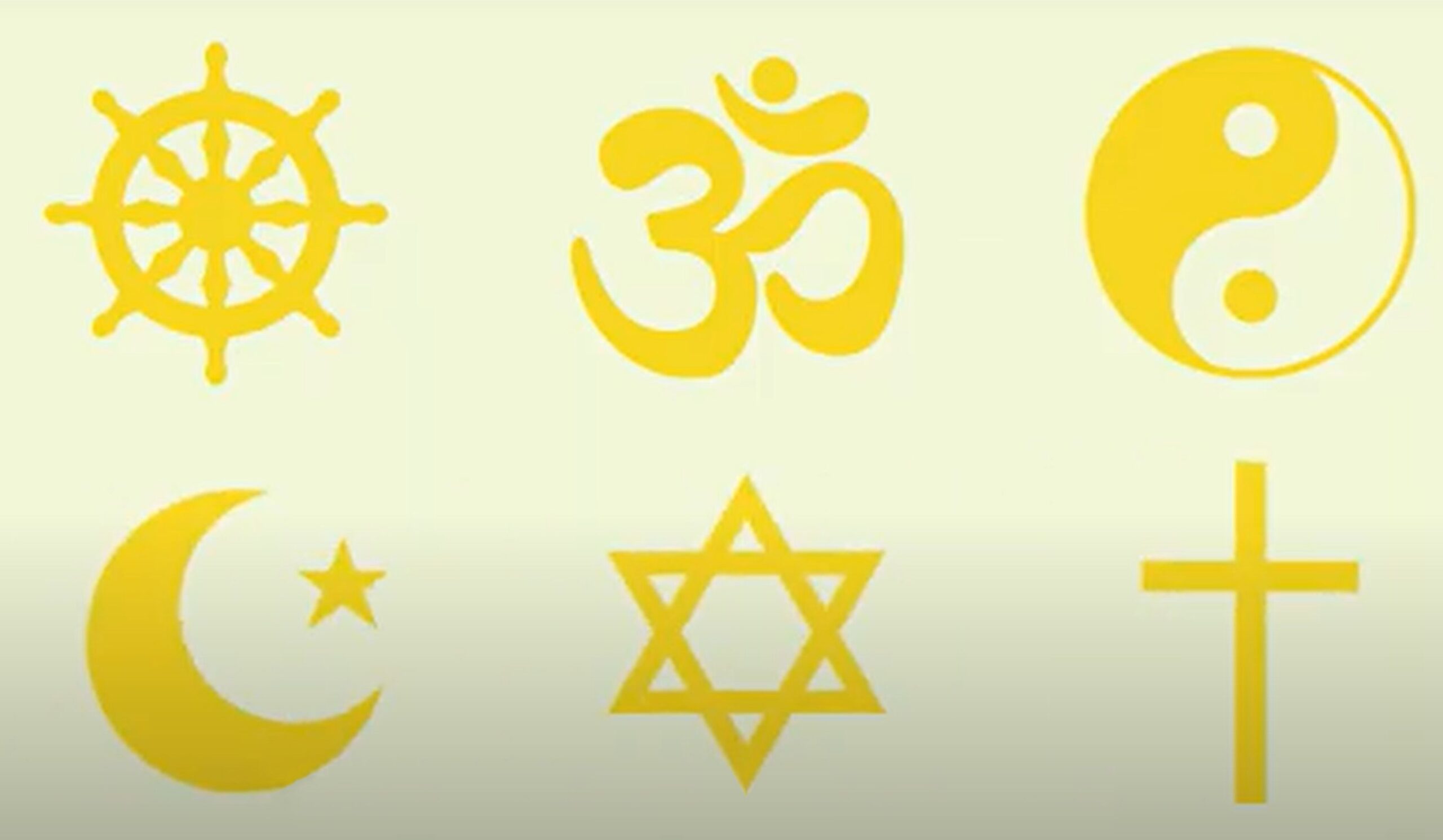Guest blog by Fabrice Pinel
The practice of blessing is often considered a powerful spiritual tool, a source of well-being and miracles. It is less often perceived as a spiritual path in its own right, offering a complete and structured journey of self-realization.
Pierre Pradervand, however, devoted an entire chapter to this subject in his book “The Gentle Art of Blessing.” In this blog, I summarize the essence of his argument in four points, which are valuable milestones on the path to awakening to this Being that transcends us. This text is taken from a longer video entitled “The Art of Blessing: A Spiritual Path to Self-Realization?” which is available (only in French) at this link:
https://youtu.be/Ms1syFQbxiw
1. Blessing erodes the ego and allows you to let go of its burden
The stated goal of blessing is certainly not to strengthen your ego, since its main incentive is for you to entrust yourself to Life or God (whatever name you give to that which is beyond you), to trust in Him, to surrender to His plans, even if it is at the expense of the little self, its fears, desires, and expectations.
Blessings most often arise from situations that are uncomfortable for our little self, whether they are material (illness, failure of a project, financial difficulties, etc.), psycho-spiritual (lack of self-esteem, relationship conflicts, loss of bearings, etc.) or even societal (world wars, exploitation, ecological collapse, etc.).
What blessing offers is precisely to open up each of these situations to a broader dimension that will allow them to be absorbed and resolved. To bless is in fact to take away the ego’s power to influence the situation on its own, to thwart the omnipotence and supremacy it believes it has over the world and others.
By relying on something greater than oneself (and blessing is a permanent invitation to do so, regardless of our successes or difficulties), the ego loses the habit of believing that it alone is in control. It increasingly allows the divine to take its place in life. It knows that the partiality of its judgments does not explain all the mysteries of the world and that its emotions impose a filter on it, one that is reductive, distorting, and a source of errors and misunderstandings.
Sensing greater wisdom and serenity, the ego finally agrees to lay down this burden that harms him and weighs him down…
2. Blessing tirelessly brings us back to the divine
To bless is precisely to invoke the divine without ceasing, so that it may distill its attributes and qualities one by one, and ever more subtly.
When we invoke generosity in others or in ourselves, it is precisely so that the greed or pettiness that currently plagues us may give way to it.
To bless is to call upon the highest virtues that are the prerogative of the divine: understanding, love, solidarity, and inclusion.
Blessing thus brings us back to the space of the Whole, where it is clearly seen that everything exists in relation to everything else, in total interdependence. It is illusory for the ego to believe that it can work on its own behalf. We can only truly work for the whole, since ultimately that is what we are.
Tirelessly, blessing brings us back to what is most beautiful, most noble, most elevated, just as mantras, Sufi invocations, and other prayers from the heart do.
It polishes our being, purifies it, and gradually anchors it in the habit of adopting a more open, attentive, responsible, and connected attitude in all circumstances.
3. Blessing opens the door to Presence
The practice of blessing simply brings us back to Presence, to that Eternal One who is always there for us, but who is most often hidden by all our stories, all the veils, dreams, and fantasies created by the ego.
Just as mindfulness meditation suggests, blessing invites us to return to Fullness through contemplation and immersion in the present moment.
Pierre strongly emphasized that blessing can be practiced in all circumstances, with family, at work, on public transportation, while driving, and for all types of people, structures, or situations we encounter. In fact, blessing each person with us in the same queue, for example, means focusing precisely on what is there, on each being we encounter, here and now.
There is no surer way to feel the Presence than to join what it offers us in the present moment. Thus, blessing never invites us to take comfort or to project ourselves into a distant Paradise that we must conquer and that will save us, but on the contrary, to move toward this Paradise that is already incarnate, waiting only for our attention, our presence, and our awareness to offer itself to us.
4. Blessing frees us from expectations
This movement toward the here and now discourages us from making grand plans and projections into the infinite future, however lofty or spiritual they may be.
The practice of blessing is true karma yoga (yoga of action), as Pierre himself points out. While it does not discourage us from acting for ourselves, for the world, or for others, it does discourage us from expecting specific results or acting solely to obtain those results.
Blessing is a deliberate gift, offered to the world, and with no focus on its resulting effectiveness or profitability. It willingly surrenders this to the divine, since it knows full well that ultimately it is Consciousness that acts through us and not we using this Consciousness to achieve our own ends.
Blessings are therefore an act of turning back to the Being that truly constitutes us. This return to our inner selves and to the Spirit places us in the only place where Good can truly be manifested. The only place where complete peace can spring forth. The only place where our true power can be expressed and our light revealed.






